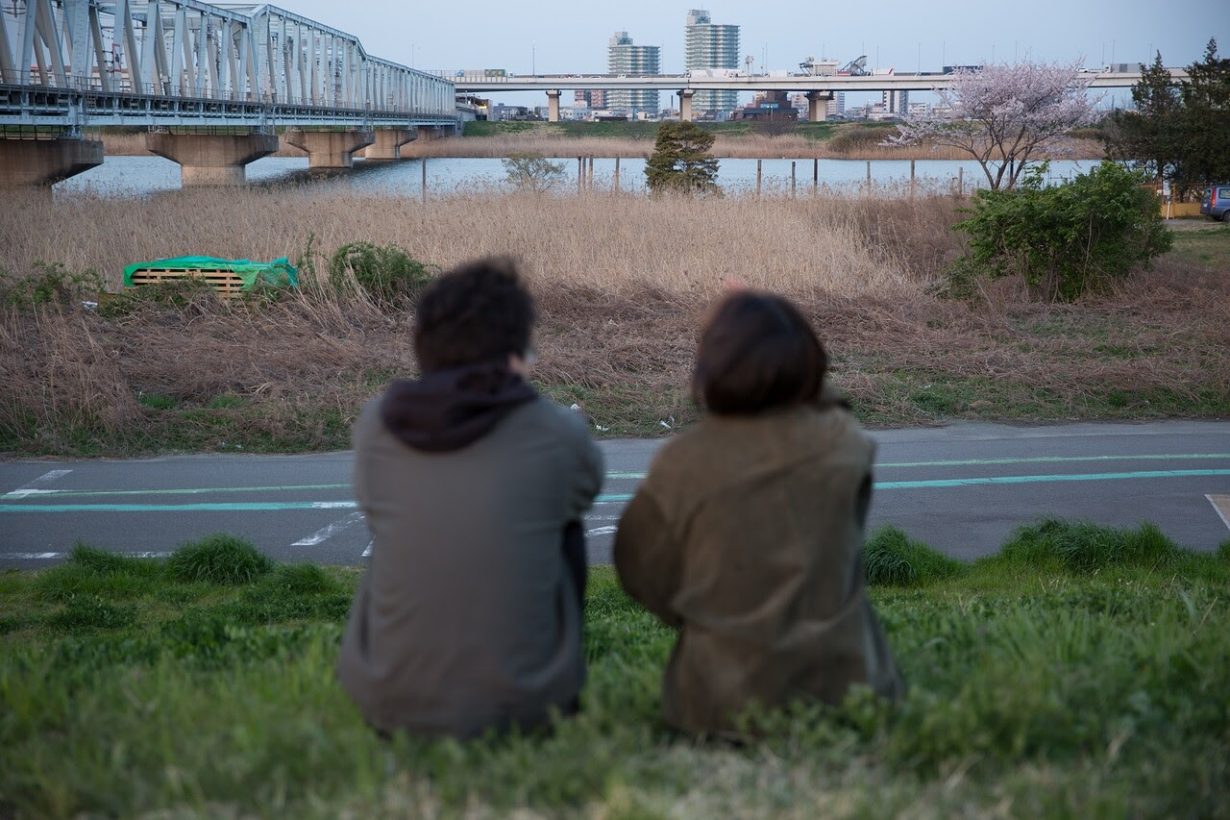
After a tumultuous few years of controversy – which has seen management change following accusations of ‘entrenched acceptance of racist attitudes’ – the Centre for Chinese Contemporary Art (CFCCA) in Manchester is to change its name to Esea Contemporary.
Xiaowen Zhu, who was appointed director in June last year, says that the new moniker will reflects the arts centre’s wider remit of showcasing work by artists from East and Southeast Asian backgrounds.
CFCCA emerged in the late 1980s, inspired by the Black Arts Movement, as a community centre serving the large Chinese diaspora in the UK city. In 2020 artist JJ Chan raised concerns that of the thirteen staff, just one person was non-white. He wrote, ‘In striving to become a more mainstream arts organisation CFCCA privileges a Eurocentric leadership, whose authorship has, in turn, contributed to the politics and perspectives of the Chinese in the UK through a hierarchical form of selective cultural diplomacy that draws the labours of Chinese artists from across the world in order to uphold the powerful agency of a white knowledge, expertise, and perceptions of Chineseness narrated only in English.’
Following a subsequent independent report, which largely supported his view, Zhu, a former assistant director at Times Art Center Berlin, was appointed alongside five new board members and a new chief operating officer. The organisation also created a new role of community development and engagement manager.
The arts centre reopens to the public on 18 February with group show Practise Till We Meet. Zhu said in a statement, ‘It’s with great pleasure to be relaunching esea contemporary 36 years after its birth as an artist-initiated, community-oriented arts festival in Manchester. The centre’s new name indicates our profound trust in the ESEA community and this significant transformation has grown from a collective will to redefine and re-envision the organisation’s purpose and mission.’